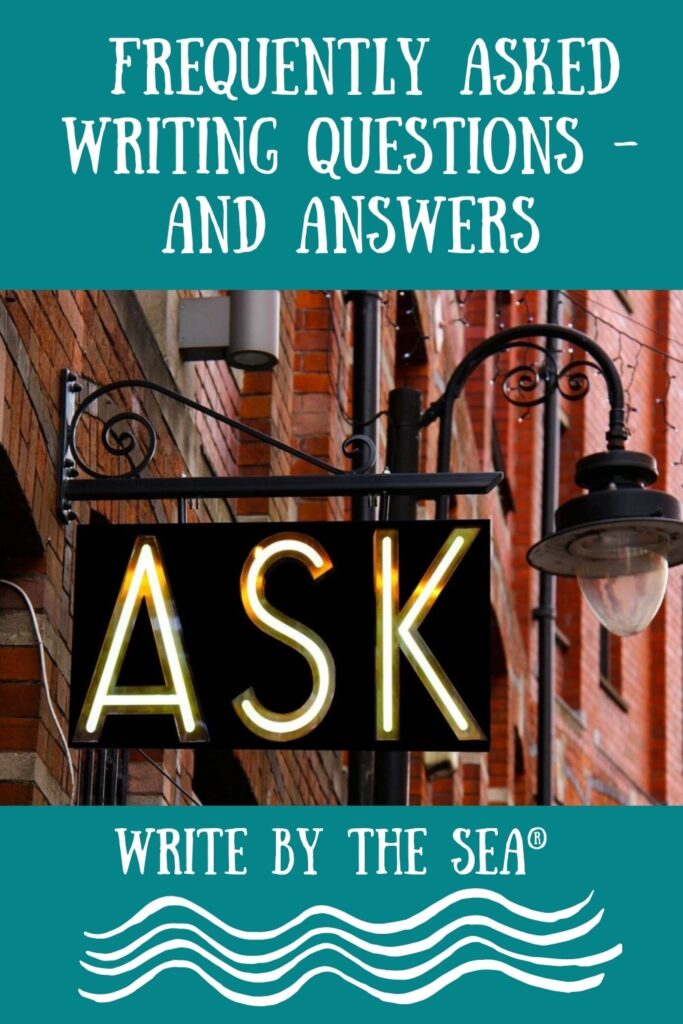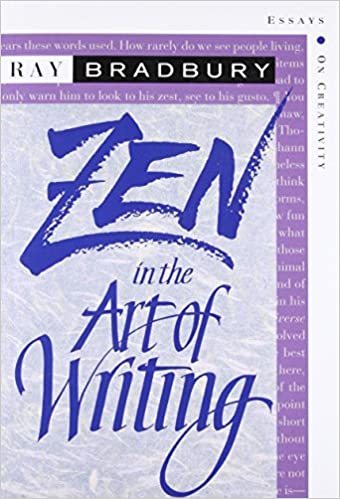If you’re looking for answers to some of the most common writing questions, you’re in the right place.
Here are some of the most common questions I (Suzanne Lieurance) get asked as a writing coach, along with my answers, and links to additional resources and information.

Question: How Do I Overcome Writers’ Block?
Answer: Writer’s block happens to the best of us, but here’s the secret: it’s not a wall, it’s a signal.
Usually, it means you’re tired, overthinking, or unsure of your next step.
Try freewriting, changing your writing environment, or even stepping away for a short break.
The key is to keep showing up, even if all you can write today is one awkward sentence.
Additional Reading:
10 Ways to Break Through Writer’s Block
Cure for Writer’s Block? Journaling
Additional Resource:
Question: How do I find my unique writing voice?
Answer: Your voice is already there—it’s how you naturally write when you stop trying to sound like someone else.
To find it, write as if you’re telling a story to your best friend.
Forget about being “impressive” and focus on being real.
Over time, you’ll notice patterns in how you express yourself.
That’s your voice—own it.
Additional Resources:
Writing Style – Writing Voice – What is the Difference
Author Voice vs. Character Voice – What is the Difference?
Question: What are the essential elements of a compelling story?
At the heart of every great story are conflict, stakes, and characters readers care about.
Give your protagonist a goal, put obstacles in their way, and make the consequences of failure feel huge.
Add some emotional depth, a touch of surprise, and a satisfying ending, and you’re golden.
Additional Resources:
Fiction Tip: Do You Really Have a Story?
Story Elements: is There a Right Balance?
Question: How do I create a daily writing habit?
Answer: Start small.
Commit to 10 minutes or 100 words a day.
Consistency matters more than marathon sessions.
Pick a time of day when you feel most creative, eliminate distractions, and make it non-negotiable.
Celebrate small wins—they build momentum.
Additional Resource:
The Benefits of Writing Every Day
Question: How do I silence my inner critic while writing?
Answer: The inner critic thrives on perfectionism, so give yourself permission to write badly.
Remind yourself that first drafts are meant to be messy.
If the critic gets loud, write a note to it: “Thank you for your concern, but I’m busy creating. Editing is your time to shine, not now.”
Additional Resources:
What’s Stopping You From Taking Action to Reach Your Writing Goals?
A Dozen Ways to Build Confidence as a Writer
Question: How can I improve my dialogue writing?
Answer: Listen to how people actually talk—eavesdrop at coffee shops or watch dialogue-heavy shows.
Good dialogue isn’t about mimicking real speech word-for-word; it’s about capturing the essence.
Keep it snappy, cut the filler, and make sure every line serves a purpose: revealing character, advancing the plot, or both.
Additional Resources:
Common Mistakes to Avoid When Writing Dialogue
Easy Tips for Writing Effective Dialogue
Question: What’s the best way to develop believable characters?
Answer: Know your characters inside and out.
What do they want?
What scares them?
How do they react under pressure?
Give them flaws, quirks, and goals, then put them in situations where they’re forced to grow.
Remember: believable doesn’t mean perfect—it means human.
Additional Resources:
Creating Characters for Your Children’s Story
Creating Characters – Tips & Resources
People Plotting and Finding Characters
Question: How do I write faster without sacrificing quality?
Answer: Set a timer and focus on getting the words out without editing as you go.
This “fast drafting” method lets your creativity flow.
Later, when you revise, you can focus on polishing.
Separating writing and editing saves time and improves quality.
Additional Resources:
How to Use Parkinson’s Law to Your Advantage to Get More Writing Done
Question: Should I self-publish or pursue traditional publishing?
Answer: Both options have pros and cons.
Traditional publishing offers prestige, broader distribution, and professional support, but it’s competitive and slow.
Self-publishing gives you creative control and faster results but requires upfront effort in editing, design, and marketing.
Choose based on your goals, patience, and willingness to hustle.
Additional Resources:
Question: How do I deal with rejection in publishing?
Answer: Rejection is part of the game.
It doesn’t mean you’re not talented—it means your work wasn’t the right fit for that editor or agent.
Use rejections as learning opportunities.
Refine your pitch, tweak your manuscript, or send it somewhere else.
Keep going.
Every writer you admire has a stack of rejection letters.
Additional Resources:
Question: How can I find inspiration for my writing?
Answer: Inspiration is everywhere if you’re paying attention.
Read widely, watch movies, take long walks, or try something new.
Keep a notebook handy to capture random ideas.
The trick isn’t waiting for inspiration to strike—it’s creating a routine that encourages it to show up regularly.
Additional Resources:
Taking Inspired Action with Confidence
How to Find Ideas You Can Turn into Children’s Stories
Question: How do I stay motivated to write every day?
Answer: Connect with your “why.”
Why do you want to write?
Maybe it’s to tell a story only you can tell or to inspire others.
Keep that reason front and center.
Mix in some rewards, track your progress, and surround yourself with a supportive writing community.
These are just a few of the questions writers wrestle with.
The good news?
The more you lean into the process, the more answers you’ll find.
Writing is a journey of discovery—not just about your stories but about yourself.
Keep asking, keep learning, and most importantly, keep writing.
Additional Resources:
Staying Motivated and Following Through
Now, if you have a question about writing that you’d like an answer to, leave it here as a comment.





